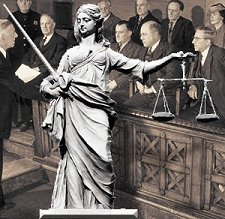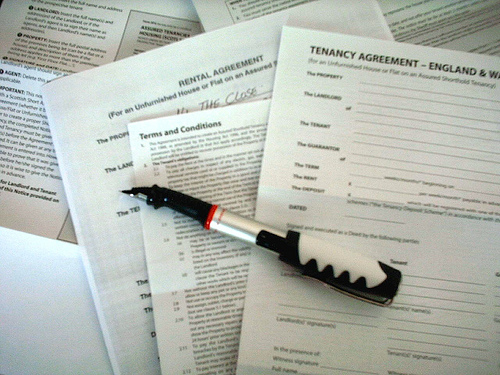Georgia Education Lawyer Julie Oinonen is representing DeKalb County teachers and Georgia Association of Educators (GAE) members in a suit against DeKalb County School District. The lawsuit alleges strong-arm bully tactics by the school district. See the Courthouse News article on it here.
Good Georgia Lawyer contends that this issue is part of the ongoing war on teachers and public education that is driving educators out of the profession and further destroying teacher morale. Each year, educators move to different parts of Georgia transferring to other school districts for any number of reasons such as professional career opportunities, financial, health, or family reasons. The plaintiffs in the lawsuit had to move due to very important family needs. They notified their principals and gave the earliest possible notice. Then they helped find new hires to replace their position, thus causing absolutely no financial loss to the School District.
The District bullied the teachers by threatening their teaching certification which all teachers need to keep in good standing in order to teach and maintain gainful employment to provide for their families. The District claimed that it was a sanctionable action by the PSC (the Professional Standards Commission, the regulatory body for teacher certification.) The trouble is that wasn’t true and the District knew it. Paul Shaw, Director of the PSC had already advised them that for teachers to resign prior to June 1st would not be considered a sanctionable violation of the code of ethics.
 Georgia Injury Lawyer Blog
Georgia Injury Lawyer Blog


 Good Georgia Lawyer loves representing working class Georgia families who have been ripped off, mistreated, deceived, defrauded, and wronged probably more then anything else we do.
Good Georgia Lawyer loves representing working class Georgia families who have been ripped off, mistreated, deceived, defrauded, and wronged probably more then anything else we do.  Good Georgia Lawyer was very gratified to recently resolve a military family’s business breach of contract dispute with a Fortune 500 corporation. Our client sued under the Georgia Fair Business Practices Act and breach of contract. After resolving the lawsuit successfully, our client was kind enough to write us the following letter of appreciation:
Good Georgia Lawyer was very gratified to recently resolve a military family’s business breach of contract dispute with a Fortune 500 corporation. Our client sued under the Georgia Fair Business Practices Act and breach of contract. After resolving the lawsuit successfully, our client was kind enough to write us the following letter of appreciation:  Purpose:
Purpose: Williams Oinonen LLC (Good Georgia Lawyer) is a member of
Williams Oinonen LLC (Good Georgia Lawyer) is a member of Good Georgia Lawyer recently just explained
Good Georgia Lawyer recently just explained  We have discussed
We have discussed  Good Georgia Lawyer is sometimes asked by our business owners: “Can I sue for both fraud and breach of contract?” The answer is: “Yes you can!”
Good Georgia Lawyer is sometimes asked by our business owners: “Can I sue for both fraud and breach of contract?” The answer is: “Yes you can!”  Question: Dear Good Georgia Lawyer,
Question: Dear Good Georgia Lawyer, Recently, a client hired us to solve a legal question/problem about a used mobile home that they recently purchased:
Recently, a client hired us to solve a legal question/problem about a used mobile home that they recently purchased: